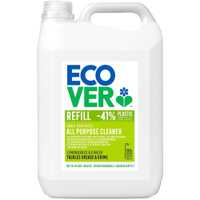Is your home 'healthy'? Energy expert reveals the symptoms and solutions to improve your environment
An energy expert shares the unique symptoms that show your home's unhealthiness, along with 6 tips to change things
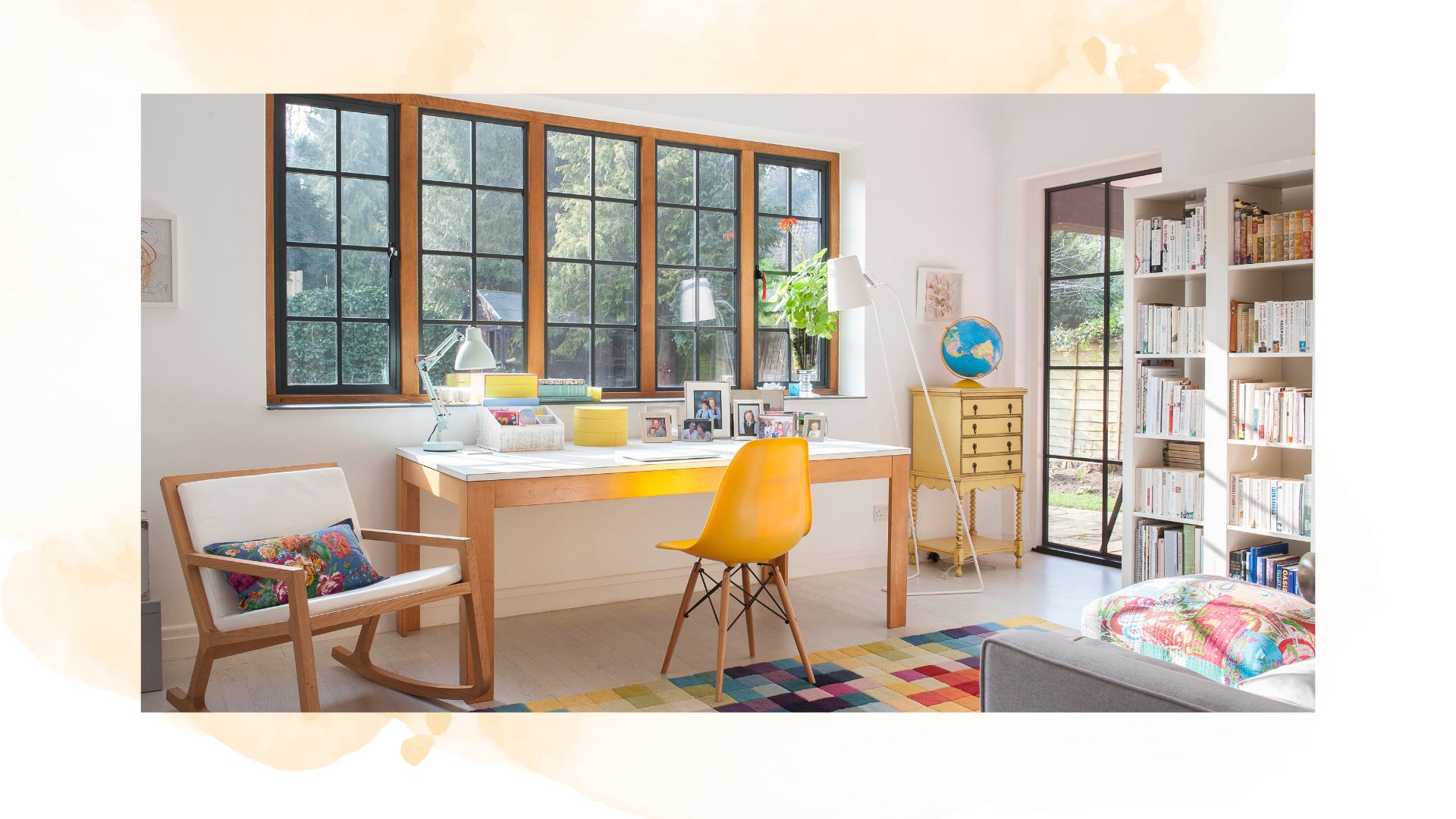

Ever wondered if your home is 'healthy'? It turns out there are several symptoms your home could be suffering from which can lead to increased bills and even ill health for yourself.
Aside from the latest interior design trends and styling ideas for your space, there is functional 'healthy' home advice that applies to all houses no matter the aesthetic. And when it comes to your home's 'health' this advice could save you hundreds in energy bills and even more importantly protect your personal health.
That's why when an energy expert shared all the symptoms to look out for and solutions to try to get your home as healthy as possible, we just had to share.
Is your home healthy?
Whilst the term healthy is rarely used when describing homes, the idea of doing all you can to ensure your home is functioning at its very best is how to determine good home health.
Becky Lane, an energy efficiency expert from Furbnow, says, "A healthy home operates with a top level of insulation, ventilation, heating and air tightness. This ensures that your home is not only good at lowering your bills and carbon emissions, but it's also good for your comfort and your health too."
So what are the warning signs that your house is suffering ill health? Well, Becky points out that it can be several things, the first being a high level of indoor pollutants such as chemicals from cleaning products, furnishing and structural issues.
Another symptom which you've more likely than not noticed is high bills and higher energy consumption than you'd usually expect. Becky says, "If you feel like you’re using a lot of energy to heat your home to a reasonable level, it could be down to energy inefficiencies around the property."
Sign up to our free daily email for the latest royal and entertainment news, interesting opinion, expert advice on styling and beauty trends, and no-nonsense guides to the health and wellness questions you want answered.
So if you're looking at how to save on energy bills or want to bring good energy into your home, Becky shared her top tips for bettering your home health.

Becky is not only the co-founder and CEO of Furbnow, she is also a Board Member at the Sustainable Housing Action Partnership – a not-for-profit organisation promoting best practice on the environmental, social and economic aspects of sustainable housing.
6 tips to improve your home's health
Luckily your home's health isn't doomed, there are several changes you can make to your home both big and small that will make all the difference. Whether you're looking for budget home improvements that could add value to your home whilst saving on bills or simply want some quick flips to help, Becky has you covered.
Here are her six tips for improving the health of your home...
1. Go chemical free
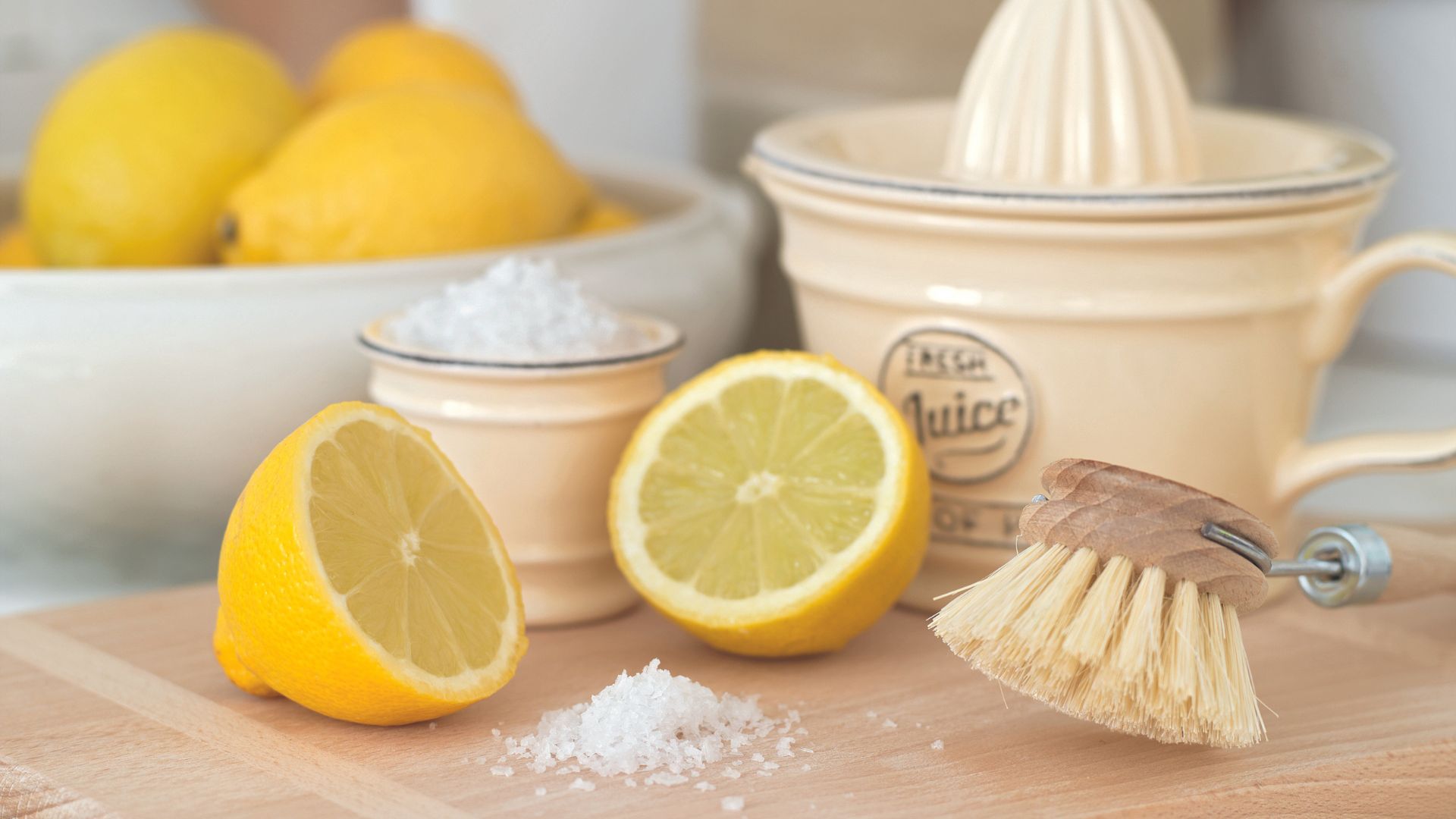
When it comes to expert cleaning hacks and the latest cleaning trends going around on social media, it can be difficult to keep up with what products you need and which ones you should avoid. According to Becky, anything with high levels of chemicals should not be used in excess in your home.
"High levels of VOCs (volatile organic compounds) can cause health problems and be triggering for things such as asthma and allergic reactions. Consider using eco-friendly paint, or natural paint, which has been specially designed to have lower levels of VOCs and are made from natural materials such as clay, citrus and milk proteins," she explains.
Some of your favourite products which seem safe might actually contain hundreds of chemicals on closer inspection, it's always best to take a closer look at home fragrances and cleaning products. Becky points out that headaches and breathing problems are all symptoms that you could be exposing yourself to these unseen chemicals.
"The best way around this is to choose products with more natural ingredients so look for dye-free candles made of beeswax and scented with essential or natural oils or cleaning products that are non-toxic or made from plants," she says. Why not try cleaning with baking soda or take it back to basics and start cleaning with vinegar as it's a great natural anti-bacterial?
Ecover All Purpose Cleaner in lemongrass & ginger 5L: was £13.03 now £11.00 at Amazon
If you're looking for a natural, plant-based cleaning solution this one from Ecover is a great place to start. Aside from using vinegar or lemon, this is as safe as products can be, plus it can be used all over your home just make sure to read the instructions before use!
2. Upgrade your insulation
Perhaps one of the most effective ways to keep your house warm all year round, upgrading your insulation can be a pricey investment but well worth it when you see those energy bills going down.
Becky says that upgrading your insulation in the walls, attic and floors is one of the best ways to reduce energy consumption and will also mean your home's temperature is regulated through cold or hot weather. And it's not just insulation, air sealing can reduce your energy use massively too.
"Air sealing is the process of sealing gaps and cracks in the building’s structure, be it windows, around doors or cracks in the wall, " explains Becky. "By doing so homeowners can reduce energy loss and improve indoor air quality. This can have knock-on effects too for you and your family’s health, with less draughts and breezes you can avoid aches and pains or coughs and colds."
3. Improve your heating systems
Similarly to upgrading your insulation, improving your heating system might be on the pricier side when it comes to ways to improve your home's health. However, if you're low on budget then even knowing how to clean your radiators properly can improve their efficiency, so it's always a good idea to stay on top of that too.
"Not many people have checked their boiler themselves in the last year, but often an inefficient boiler is the root cause of higher bills and inefficient energy consumption," explains Becky.
The number one recommendation from Becky is to see if you can lower your boiler's airflow as this will reduce your bills and energy consumption. It's always best to get your boiler checked by a professional and if possible upgrade your boiler to a newer model, there are Government schemes in place which should help lower the initial cost of installation.
4. Invest in triple glazed windows
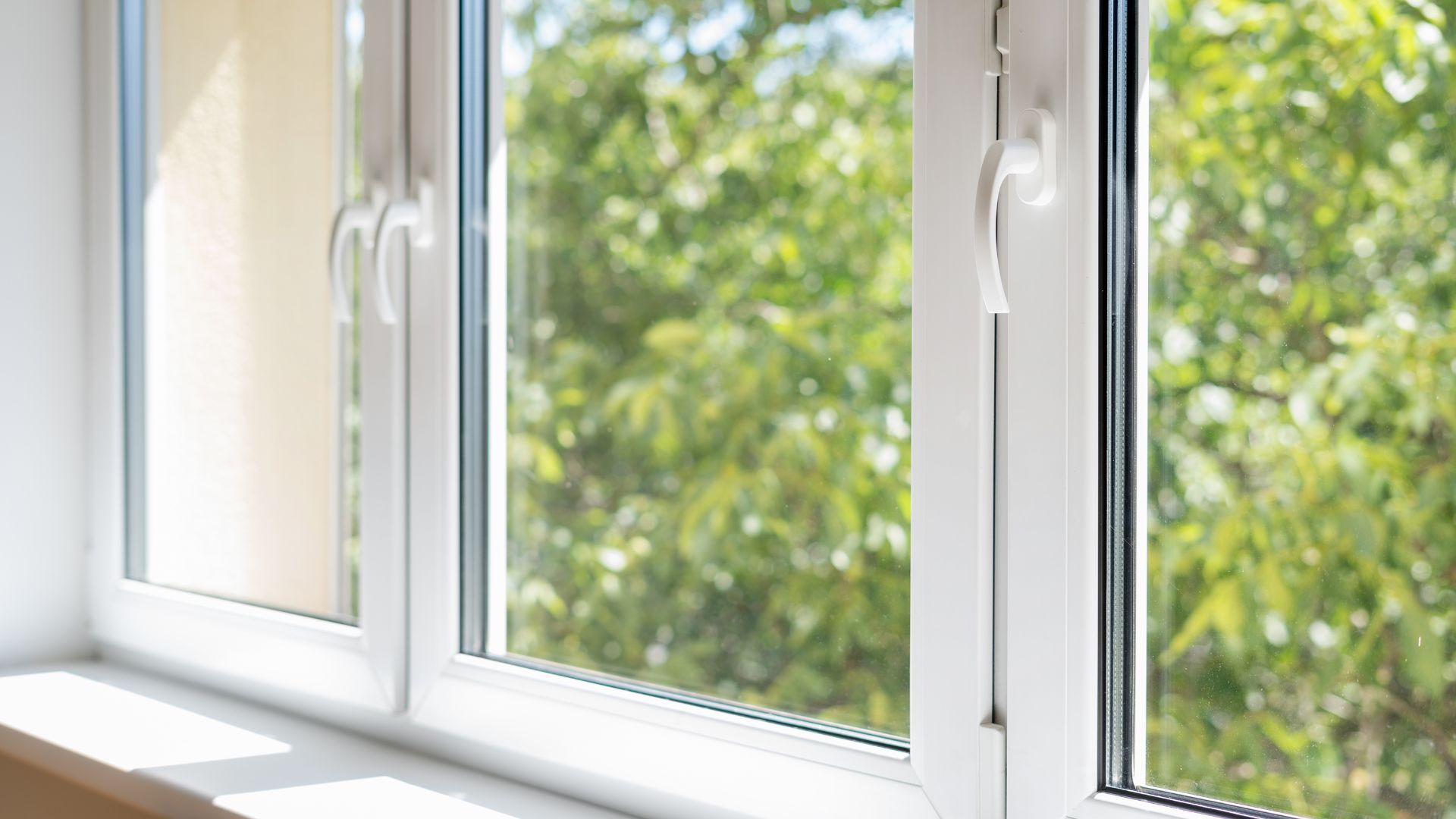
You might've found yourself asking how to prevent condensation on windows or perhaps the moisture build-up is between your window panes. Either way, you may benefit from new, double or triple-glazed windows. Of course, this is a big expense and not a decision to be made lightly, but Becky does stress that it will save you money in the long term.
"Upgrading to double or triple-glazed windows can significantly reduce heat loss in winter and heat gain in summer, not only avoiding discomfort for yourself but also contributing to lowering your energy bills," she says.
5. Try out renewable power options
If you're into sustainable garden ideas or perhaps have many smart-home features then you may be well on your way when it comes to renewable generation. Whether it's solar panels or perhaps rainwater harvesting, finding ways of harnessing the natural energy around your home is one of the best eco-friendly ways of increasing your home's health.
Becky says, "The only cost you pay is the upfront cost of installing the generation in the first place. After this, the energy you generate should contribute to lowering your bills as you produce your own. It’s also a clean source of energy meaning no emission from what you generate."
It's recommended you research whatever type of renewable energy you want to invest in and get a professional opinion as to how to achieve this for your home specifically.
6. Reduce stress
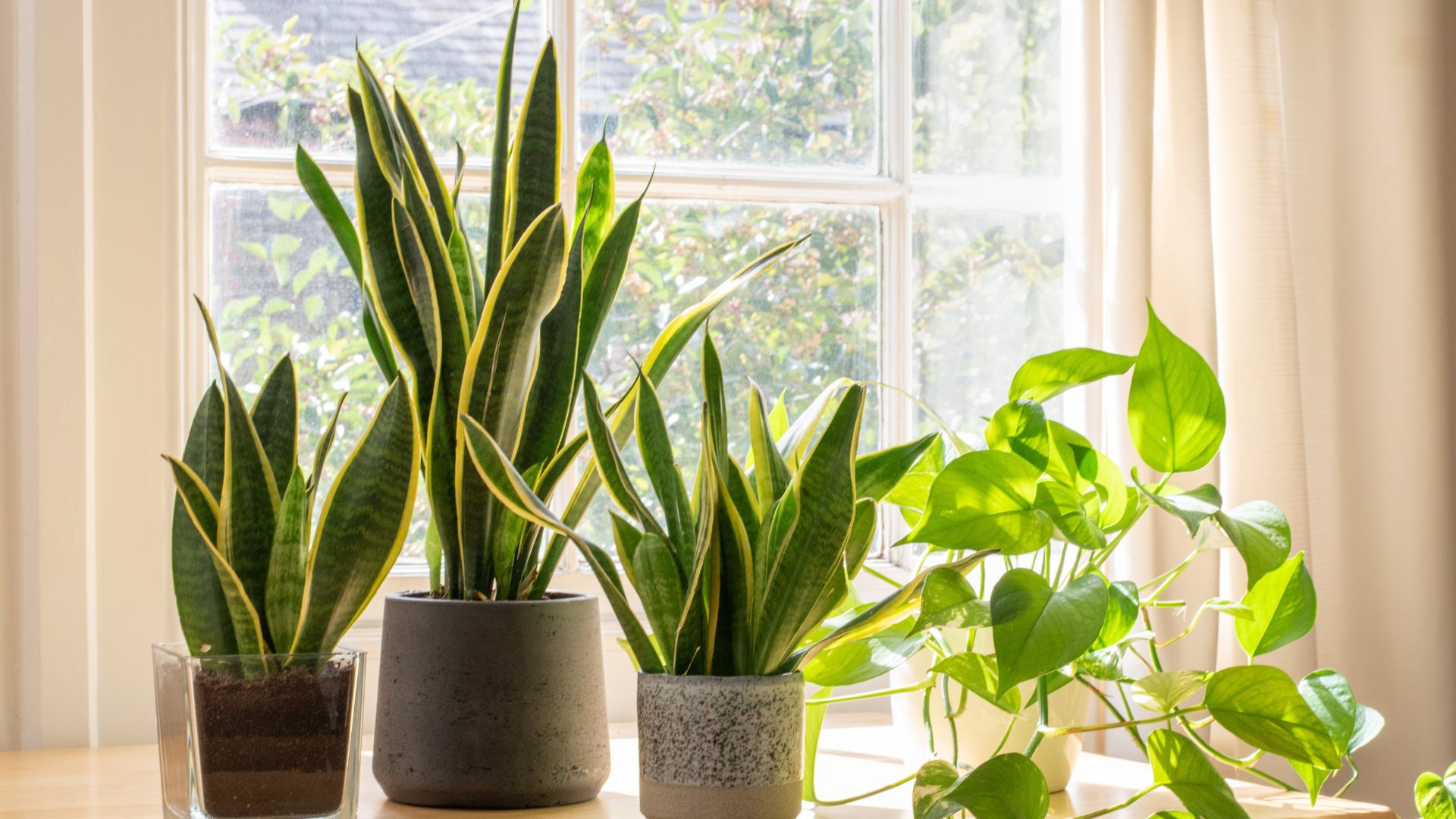
Creating a healthy home isn't all about installing new boilers and using chemical-free cleaning products, it also requires a positive and stress-free environment. Having an energy-efficient home is no good if it's not improving your health in the meantime.
"Incorporate relaxation spaces, peaceful rooms to sleep in and air-purifying plants. Air-purifying plants can help cleanse the air around you while you work, cook and sleep," says Becky.
Whether it's the best fragrant plants to make your house smell good or the indoor plants to help your health and well-being, surrounding yourself with greenery can make all the difference to your mood. And whilst you're at it why not get rid of the five things you should declutter in your home for a happy 2024?
Whilst there are quick and affordable ways to make your home healthy again, Becky does recommend taking a whole house approach as this will have the highest impact on your home and its functionality. She also highlights, that if you're planning on a larger transformation then doing everything at once will also minimise the amounts of times you have the builders around!

Emily joined woman&home as a staff writer after finishing her MA in Magazine Journalism from City University in 2023. After writing various health and news content, she now specialises in lifestyle, covering unique cleaning hacks, gardening how-tos, and everything to help your houseplants thrive.
